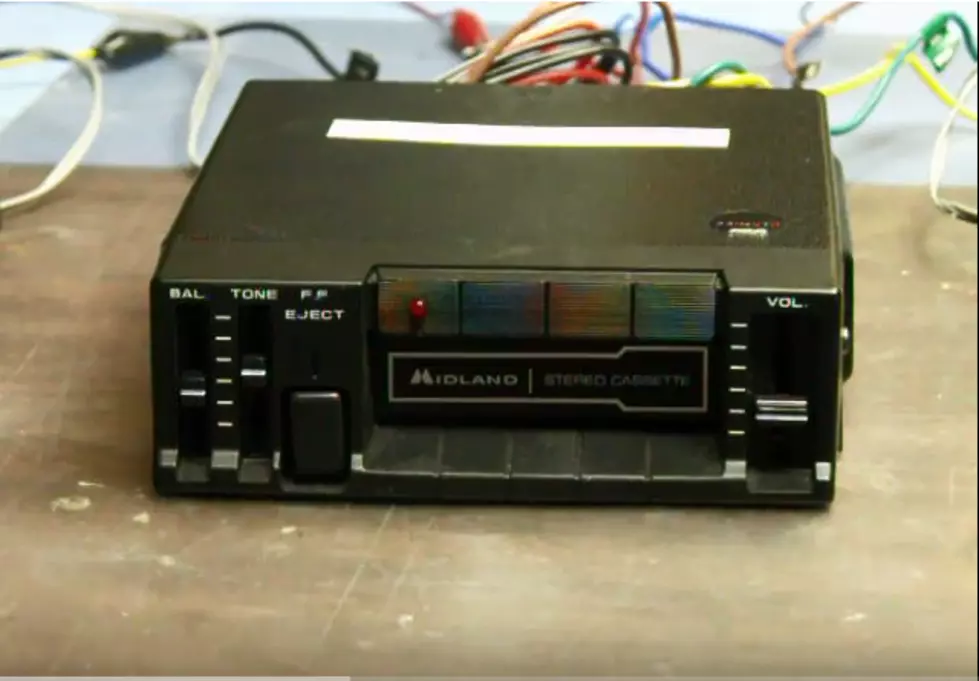
Ingenious Invention Decreased Traffic Deaths By A Whopping 50%
The automobile. One of the greatest inventions of the twentieth century. In the blink of an eye the world became more mobile than at any prior time. We could hop in the car (or maybe the horseless carriage) and off we'd go down the road, and back in the day, in a cloud of dust.
All was good, all was fine.
Well, except for one thing.

You see, there was more and more of these contraptions and along with that, more and more crashes. In 1913, the same year 'ol Henry Ford rolled out the Model T, more than 4,000 folks died in car crashes in the U.S. Part of the reason was roads just weren't built to handle these monsters that could get up to 40 miles per hour.
And the other main reason? Crowded intersections and, apparently, not an overabundance of patience.
Oh, police would stand there in the middle of the intersection and wave this way and that, but truth be known, they were largely ignored. The result? Ka-boom, crash.
The patent for what was called a 'municipal traffic control system' was patented a hundred years ago, Oh, we don't call it that anymore. Nope, we just called it a traffic light. The good 'ol Red, Yellow, Green.
In the beginning a police would sit in a booth on the sidewalk controlling it. Of course, you can't stop technology, and before long that booth (and the policeman) were gone. As if by magic, the lights just worked on their own and it helped.
Between 1914 and 1930 traffic fatalities dropped by more than 50%. This magic light box was saving lives, and undoubtedly still does. I wouldn't care to drive down Louise or Minnesota in Sioux Falls without them. And while it might be a pain to have to wait (patience, patience, it'll change) it sure beats playing demo-derby through the intersection.
I found out all this cool info thanks to getting one of my favorite magazines, the Smithsonian. You can get all the details on the traffic light here, and even find out why the colors they use are the colors they use!
The 6 Types of South Dakota Drivers You Deal With Every Winter
More From KXRB









